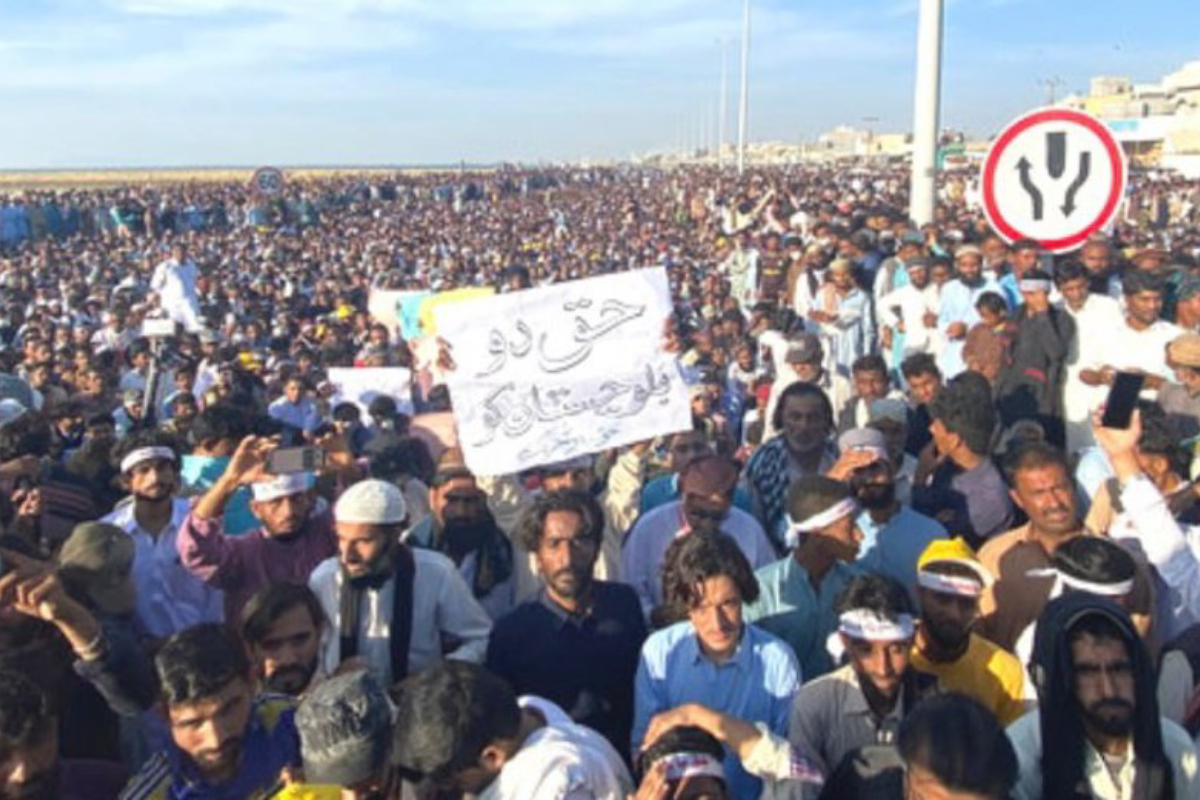The Terminal, a film directed by Steven Spielberg and inspired by Mehran Nasseri, is a good analogy for Gilgit Baltistan.
The Terminal, a tragicomedy and perhaps the most underrated Spielberg movie, is the account of Viktor Navroski (Tom Hanks) from a fictional country called Krakozhia, which is somewhere in Eastern Europe.
While on his way to New York, Viktor arrives at JFK only to discover that his country had undergone a revolution and subsequent coup during his transit, and that a new government had taken power. However, since this new government did not have ‘international recognition’, his passport was junk. The coup not only renders Viktor stateless; with a useless passport that cannot have an entry/exit stamped, he is stuck in the airport terminal.
Gilgit Baltistan (or G-B) originally remained a part of Jammu and Kashmir. However, its present status, as per the 1948 UN Resolution, is undefined, after Pakistan invaded and illegally occupied it. And so, in a rare twist of fate, Pakistan continues to retain it as its 21st-century colony – illegally – and as was the fashion during the Colonial Era, it continues resource extraction like the colonial master of yore.
There was no accession deal that G-B (then known as the Northern Areas) signed with Pakistan. As a result, the people there have no citizenship rights. They have little to no political representation, extremely meagre civil rights and thus negligible security for their lives and properties. Pakistan levies high taxes on them and is both complicit and indifferent to the protracted sectarian violence and forcible land grabs that the local population is subjected to.
In a nutshell, thus, both the G-B region and its natives remain at the complete mercy of an autocratic Islamabad or Rawalpindi – depending on who’s calling the shots. Viktor Navroski, despite being stuck in limbo in the JFK terminal, had a better residual deal in the movie.
While Pakistan has historically demonstrated a measure of hesitance to formally claim G-B as their territory for the fear of losing their claims on the whole of J&K, they have maintained that stance only officially. Under the colonial-feudal autocracy that they run in G-B, they have engineered a series of irreversible changes right from the times of Zia ul Haq.
These changes, mostly socio-political and demographic, have been orchestrated in such a manner and with the expectation that the region ‘Pakistanizes’ permanently and forms a contiguous extension of the KPK province, in case the proposed referendum ever takes place.
Geography
For the wanderlust, Gilgit Baltistan is a breathtaking landscape. Overlapping of the Pamiri/central Asian highlands, the Tibetan Plateau, and generous measures of Himalayan beauty make it home to a spectacular combination of high mountains, meadows, glaciers, rivers, lakes, and valleys. It is easily one of the most beautiful places on the planet. For the geology buff, since it plays host to four major mountain ranges – Himalayas, Pamir, Karakoram, and Hindukush – G-B is a high-altitude wonder desert.
For the geopolitical enthusiast, Gilgit Baltistan remains an extremely crucial piece of territory – a continental junction of sorts – one that squats slightly south of the Eurasian heartland of central Asia, and overlooks west Asia (Afghanistan and beyond), east Asia (China and beyond), and South Asia (India and Pakistan).
G-B is also called Pakistan’s Water Tank because it feeds through its numerous glaciers, lakes and streams, including Pakistan’s most crucial water source, the Indus, which flows through it. It holds the mountain passes to the old Silk Route – the reason why British India hastily occupied it during the Great Game, as Czarist Russia gathered steam in the Turkestan (Central Asia) region. They subsequently took full control of the province through a 60-year lease from the Maharaja of J&K in 1935.
That was the final round of the Anglo-Russ Great Game and was the time when the old British ally of WWI – Czarist White Russians no longer controlled their empire and the Bolsheviks ran wild in Turkestan.
However, the Partition put into question the legitimacy of the lease, so the Brits quickly took physical control by orchestrating a coup and repossessing it in October of 1947, to facilitate its inclusion on the map of Pakistan. This was their final act of blocking Russian access to the warm water ports of the Arabian Sea or the Indian Ocean before the sun finally set on the British Empire.
The Karakoram Highway connecting Pakistan to China that runs through the G-B region is built-up on the old silk route and was one of the major British India constructions during the colonial era.
In terms of complexity, it is only slightly less complicated than the Middle East. As I mentioned before, G-B remains a part of Jammu and Kashmir but is currently under Pakistan’s illegal occupation.
What I didn’t mention is that during this occupation, Pakistan not only altered its demography by pushing more and more Pakistani Sunni mainland people into the region, but it also ceded parts of G-B to China (the Shaksgam Valley in 1963). China has quickly (illegally) built infrastructure like roads and dams along the geography. Beijing is now eyeing more such territorial walkovers from Pakistan in that region, relying on the latter’s inability to pay off its CPEC debt.
Arindam Mukherjee is a geopolitical analyst and the author of JourneyDog Tales, The Puppeteer, and A Matter of Greed
Disclaimer: Views expressed above are the author’s own.









